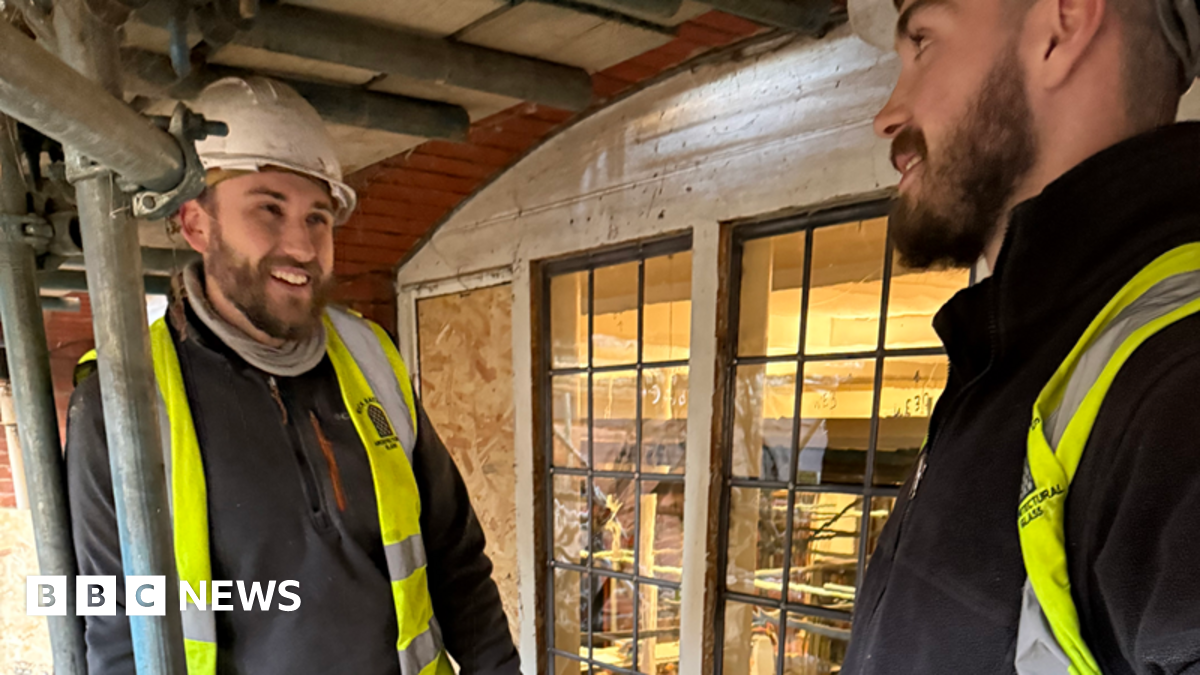Craftsmen behind restoration work at Windsor Castle and the Tower of London are applying their skills to replace the windows at a historic Northamptonshire building.
Tom and George Bayliss, stained glass restorers from Birmingham, are helping to…

Craftsmen behind restoration work at Windsor Castle and the Tower of London are applying their skills to replace the windows at a historic Northamptonshire building.
Tom and George Bayliss, stained glass restorers from Birmingham, are helping to…